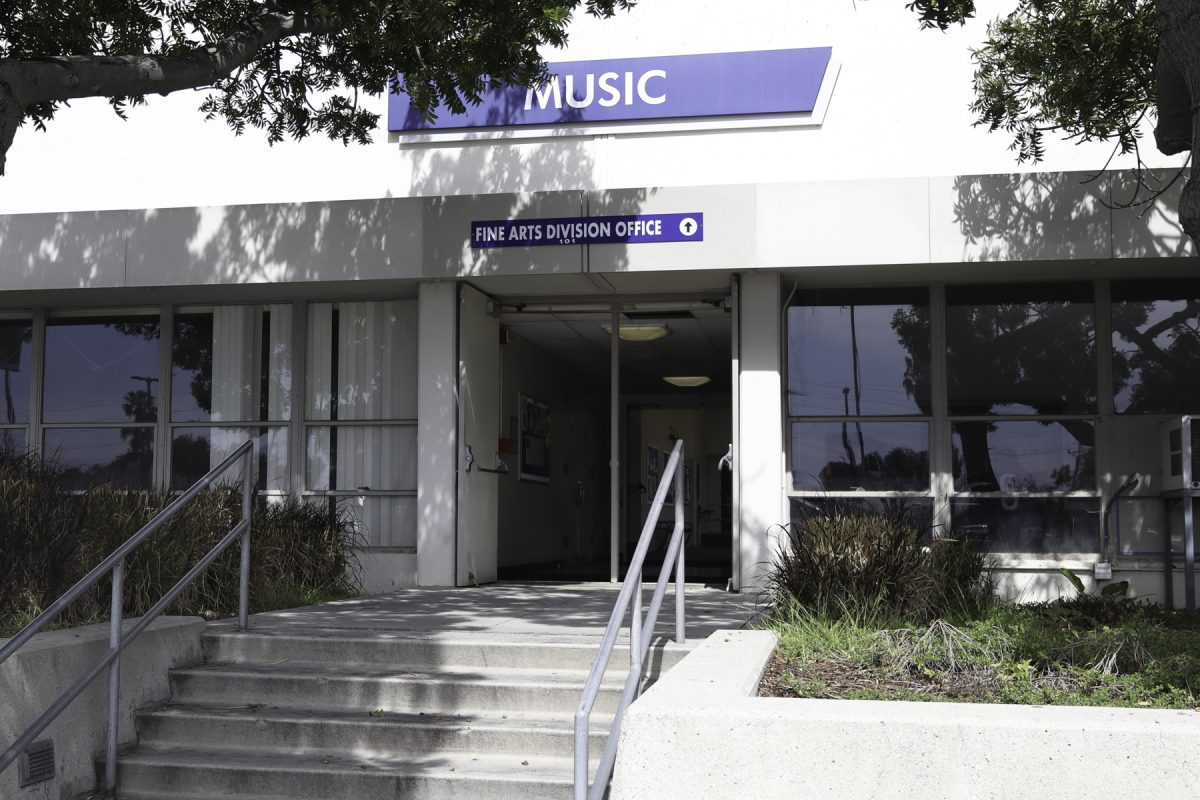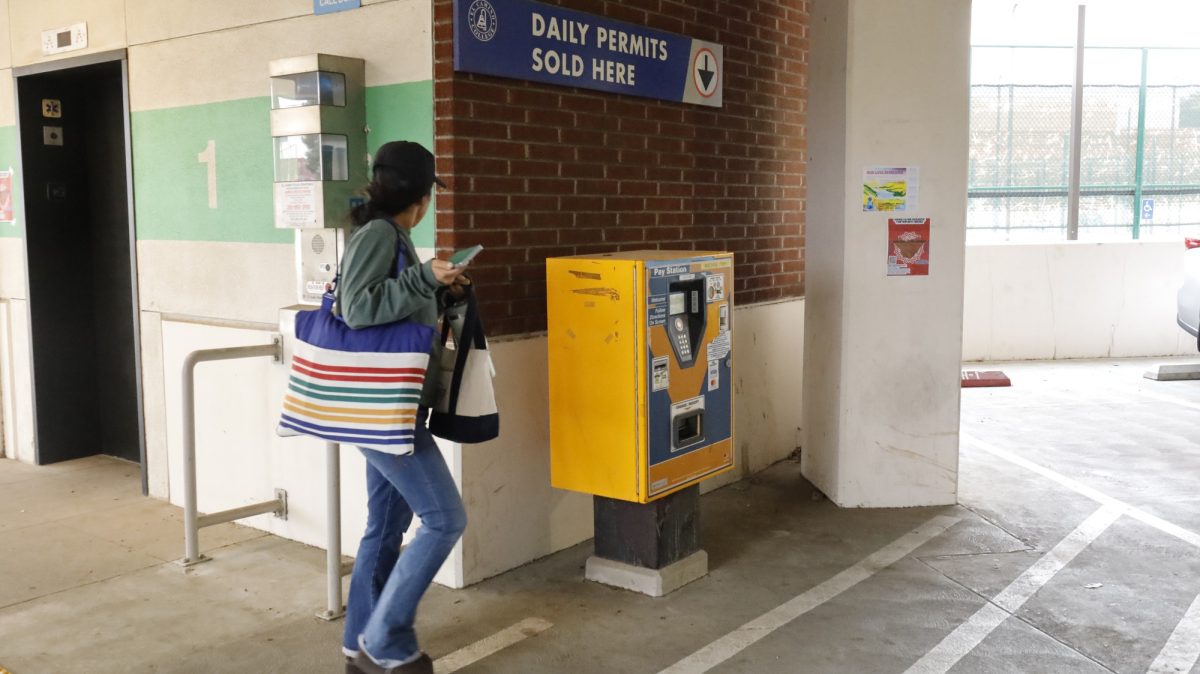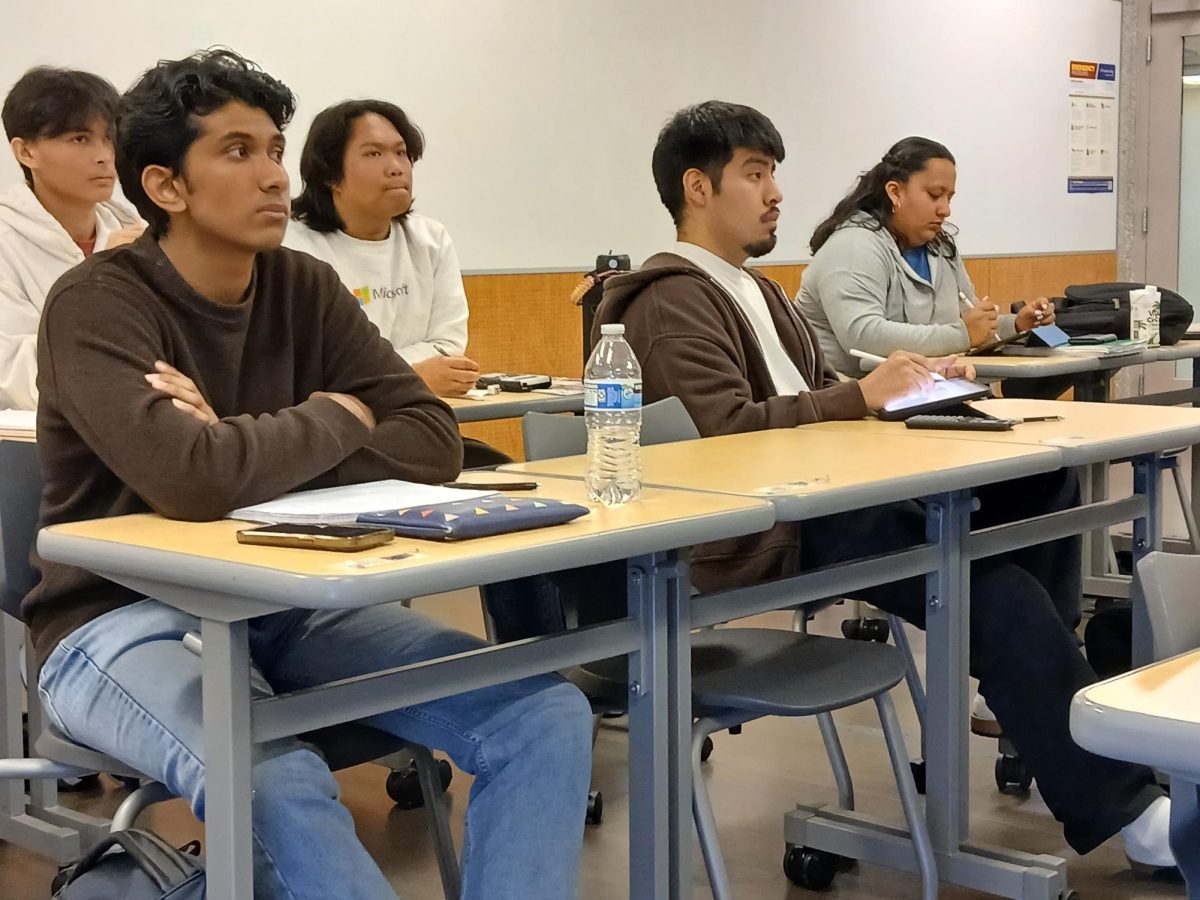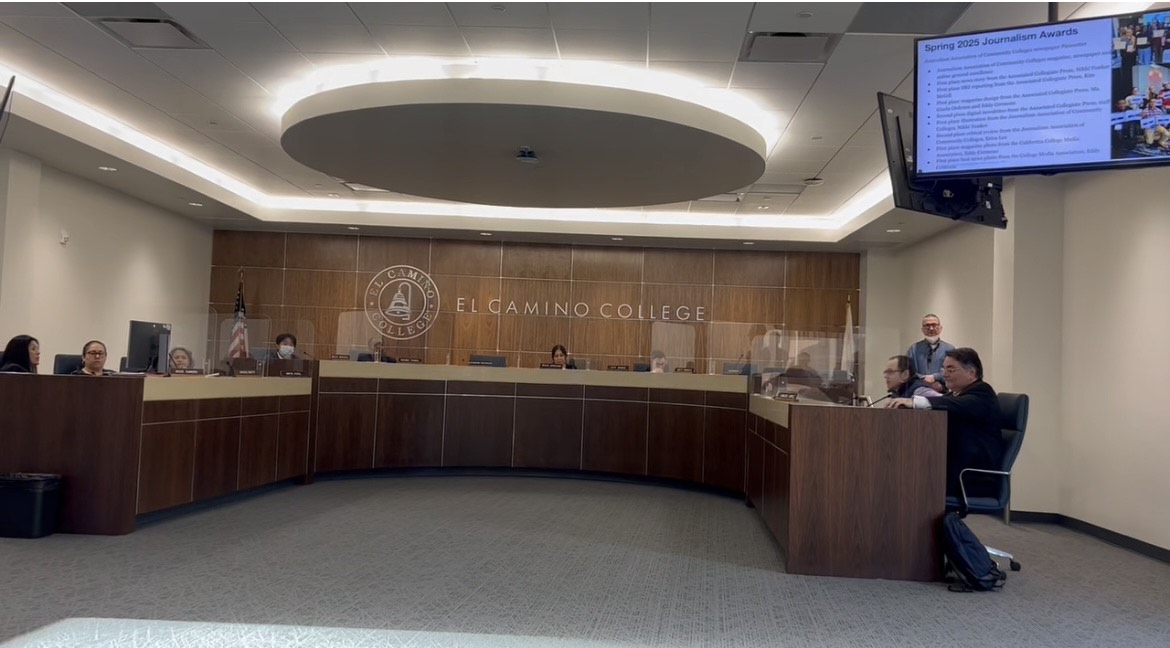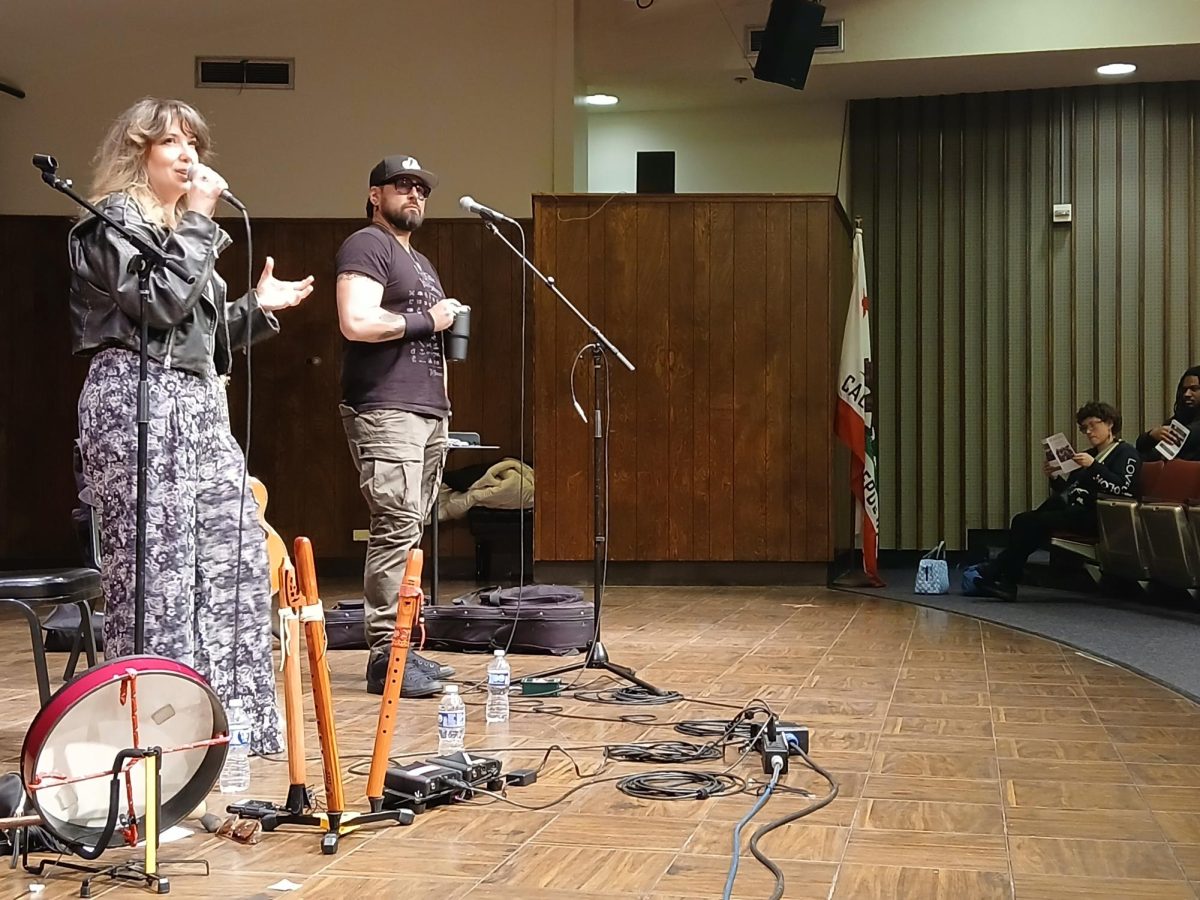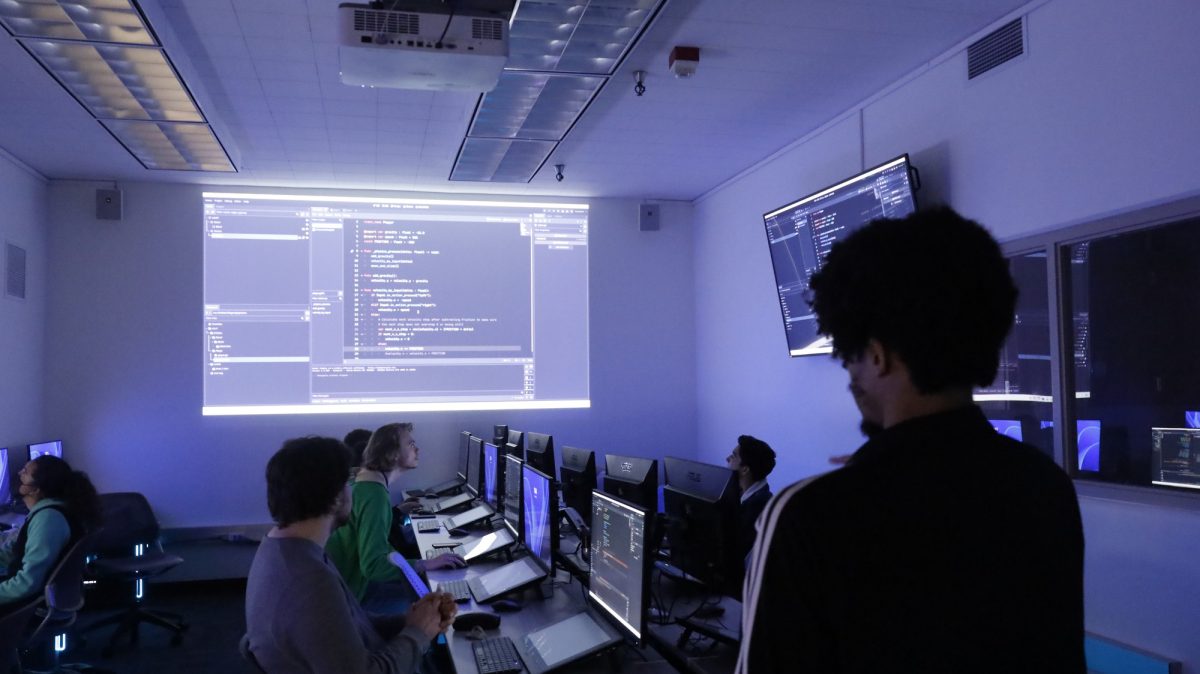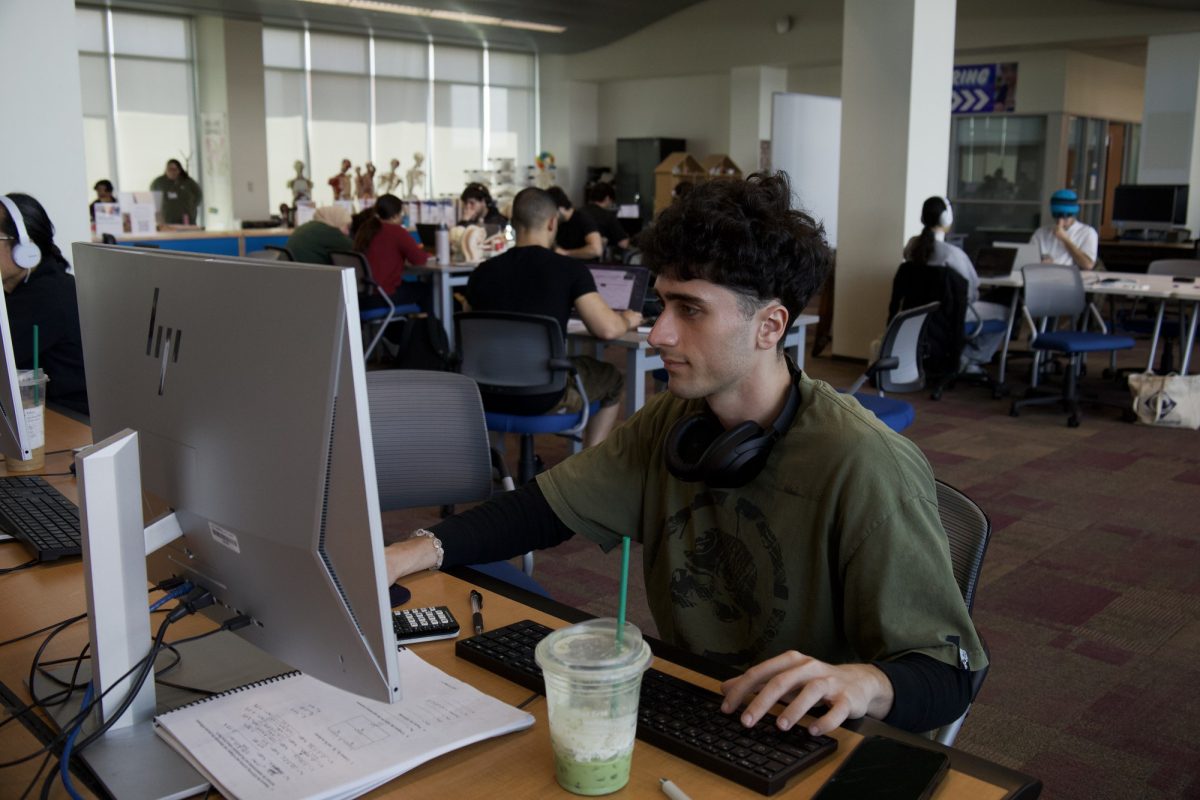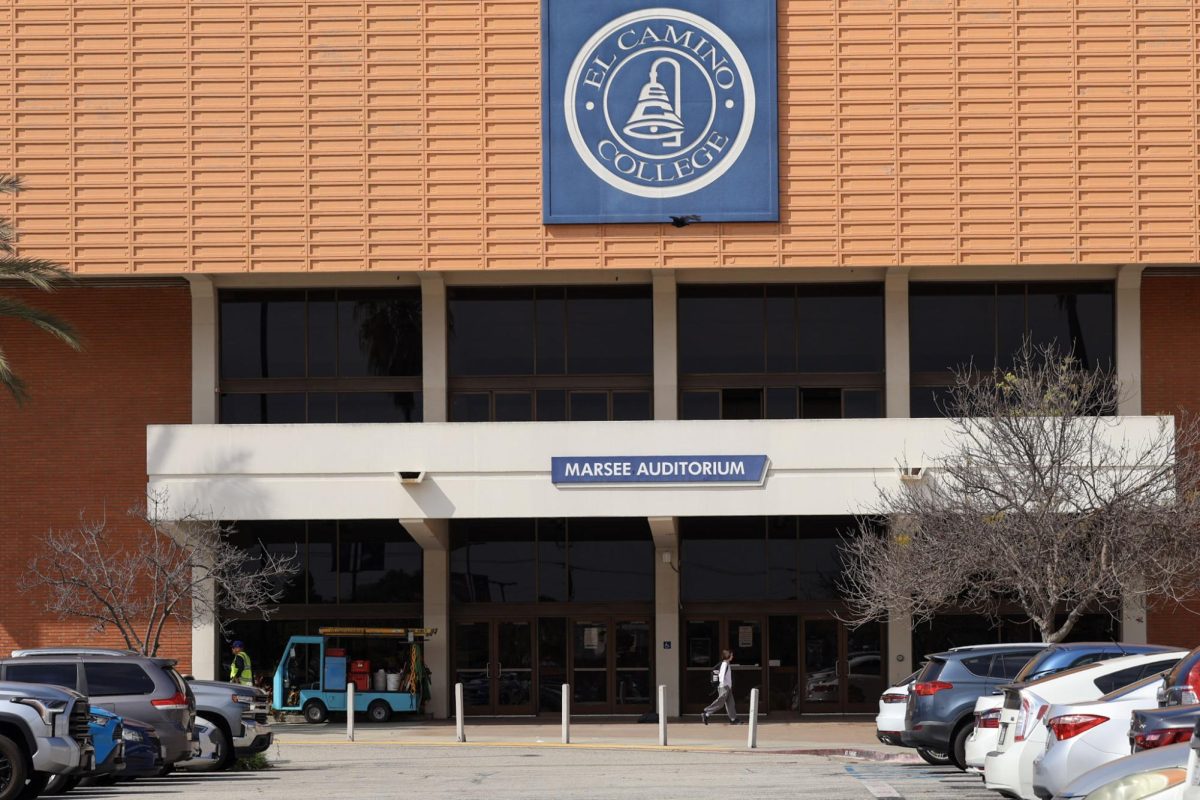The purchase of 1,300 portable air purifier units and the assessment of 11 campus building ventilation systems was announced during an Academic Senate meeting on Tuesday, June 1.
Jorge Gutierrez, executive director of facilities, said the units have arrived on campus and will begin to be distributed to classrooms, offices and lecture rooms to be ready by fall when the campus returns to partial in-person learning.
“They’re quality units, the [company’s] JADE model and they remove particles in the air and have [a] charcoal filter system,” Gutierrez said. “We will also be responsible [for replacing] the filters as required by the manufacturer.”
The filters also come with long-life High-Efficiency Particulate Air (HEPA) filters which must be replaced twice each year. This type of filter can remove 99.97% of air particles including mold and pollen, according to the United States Environmental Protection Agency.
The JADE SCA5000C model was listed on the facilities PowerPoint presentation as ideally shaped with its vertical design which can also be mounted or work on its side if needed. The filters also come with a 10-foot power cord and are listed by facilities as “portable and adaptable.”
The estimated cost for these in-room filtration systems was totaled by facilities at $1,807,480, which brought questions of where this money came from.
“I was wondering if these were paid for out of one-time funds and if so, are we going to have ongoing funds for replacing the charcoal filters and the what not?” Sean Donnell, English professor said.
The initial purchase was possible through the use of the Higher Education Emergency Relief Fund (HEERF) which is part of the Coronavirus Aid, Relief, and Economic Security Act, President of El Camino College Dena Maloney explained, which allows colleges and universities to “handle the impact of [COVID-19].”
“Long term, we’ll have to look at how we will continue to maintain those systems to the MERV 13 standards,” Maloney said. “The portable units that are going to be in classrooms and offices are also being paid through the HEERF funds because of course that’s a direct connection back to the impact of [COVID-19] on the campus.”
The Heating, Ventilation and Air-Conditioning (HVAC) systems for 11 buildings on campus are also being assessed.
“Right now, the mechanical engineer is on board and they are now conducting the assessment. This is a high priority, to go out to bid and implement this important stage of improving air quality in the buildings,” Gutierrez said.
The 11 buildings listed are Life Sciences, Natural Sciences, Chemistry, Physics, the Planetarium, the Schauerman Library, LRC, Social Sciences, Humanities, MBAH and Communications.
The building with the oldest filtration system listed is the Communications building with a system from 1980, while the newest filtration systems (Life Sciences and Natural Sciences) are from 2015.
The estimated cost listed for these building ventilation systems was totaled at $6,175,000.
“[We have] proceeded to continue to replace our filters in our HVAC system,” Gutierrez said. “We have a plan of action and also we are doing it on [a] quarterly basis or sooner throughout all the buildings at [the] campus. We’ll be doing that and [we] will also be monitoring that and doing record-keeping on when we replace those air filters in these buildings.”



